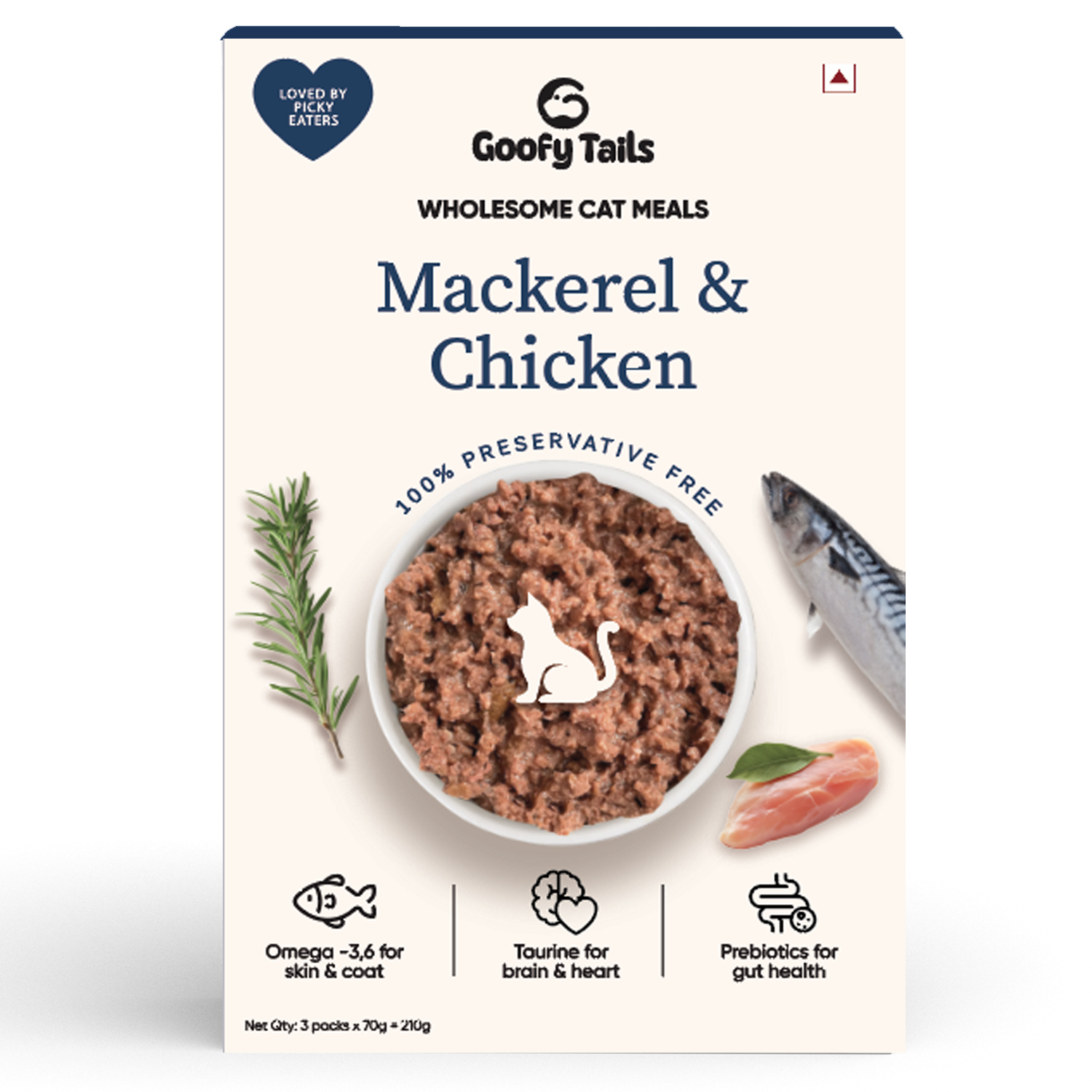Caring for Your Ageing Dog: A Complete Guide to Their Golden Years

As dogs grow older, their bodies and behaviours change, just like ours. From joint stiffness to dental issues and changes in appetite, senior dogs require special attention to stay healthy, happy, and comfortable. Whether you have a large breed like a Labrador Retriever or a Great Dane, or a small breed like a Shih Tzu or a Pekingese, understanding what to expect and how to respond can make a huge difference in their quality of life.
In this guide, we explore what happens as dogs age and how to care for them effectively through the right diet, supplements, movement, comfort, and regular grooming.
What Happens to Dogs As They Age
Dogs are generally considered seniors from around 7 years old for large and giant breeds (e.g., Golden Retriever, Rottweiler, English Mastiff) and 9–10 years for smaller breeds (e.g., Pomeranian, Dachshund, Toy Poodle).
-
Weight Fluctuations: Older dogs tend to gain weight more easily due to reduced activity and slower metabolism. Others may lose weight due to reduced appetite or health issues like kidney disease or dental pain.
-
Reduced Mobility: Arthritis, hip or elbow dysplasia, and muscle loss can cause difficulty in getting up, climbing stairs, or walking. Large breeds like German Shepherds, Boxers, and Saint Bernards are particularly prone to joint issues.
-
Breathing & Heart Changes: Age-related heart conditions can lead to laboured breathing, coughing, or fatigue. Breeds like Cavalier King Charles Spaniels, Pugs, and Miniature Schnauzers are more prone to heart disease.
-
Cognitive and Behavioural Changes: You may notice:-
-
Confusion or disorientation
-
Changes in sleep patterns
-
Increased anxiety or clinginess
-
This condition is sometimes referred to as Canine Cognitive Dysfunction (CCD).

How to Look After Ageing Dogs?
-
Diet, Nutrition, and Supplements
-
A proper senior dog diet is critical for managing weight, supporting joints, and maintaining energy levels, ideally foods which are high in fibre and moderate in protein.
-
Add Omega-3 Fatty Acids: Found in fish oil, they reduce inflammation and support joint and heart health.
-
Include Broths: Bone broths (like chicken or lamb) are great for hydration and joint support, especially in picky eaters or those with reduced appetites. They are also an excellent source of Collagen, which promotes healthy skin, a shiny coat, and stronger bones. Ideal for active, senior, or recovering dogs, this ingredient contributes to long-term vitality, comfort, and overall wellness.
-
Supplements: Joint supplements can slow the progression of arthritis and help maintain joint mobility. Immunity and Vitality supplements can provide gut support for easier digestion and extra energy.
-
Avoid high-fat or hard-to-digest foods, especially if your dog has kidney or liver issues.
-
-
Support Mobility: Ramps, Beds, and Weight Management
-
Ramps and Stairs
-
Older dogs often struggle with jumping into cars or climbing furniture.
-
Dog ramps or steps for beds, sofas, and vehicles.
-
Non-slip mats on slippery floors to prevent falls.
-
-
Orthopaedic Beds: Replace old bedding with orthopaedic or memory foam dog beds. These reduce pressure on joints and help your dog rest more comfortably.
-
-
Monitor and Maintain a Healthy Weight
-
Excess weight worsens arthritis and heart problems.
-
Use portion control, switch to weight management formulas, and monitor body condition with regular vet checkups.
-
-
Exercise: Keep Them Moving Gently
-
Senior dogs still need exercise—but in shorter, manageable sessions.
-
Four to five 10-minute walks daily are ideal for maintaining mobility without overexertion.
-
Swimming is an excellent low-impact option, especially for dogs with arthritis or hip dysplasia.
-
Avoid jumping, fast runs, or high-impact play.
-
Use Paw Balm after walks to soothe cracked or worn pads, especially in extreme weather.
-
-
Grooming and Hygiene
-
Brushing and Coat Care
-
Brush regularly to remove loose fur and prevent matting.
-
Long-haired breeds like Golden Retrievers, Cocker Spaniels, and Shih Tzus need more frequent grooming.
-
-
Tick and Flea Prevention
-
Older dogs have weaker immune systems and can’t fight off parasites easily.
-
Use gentle, vet-approved flea and tick prevention.
-
Check for ticks after walks, especially if your dog still enjoys the outdoors.
- Tick fever is especially fatal for senior dogs.
-
-
Ear Cleaning
-
Senior dogs, especially floppy-eared breeds like Beagles and Cocker Spaniels, are prone to ear infections.
-
Clean ears weekly with a vet-recommended ear wash.
-
Look out for redness, odour, or scratching.
-
-
Dental Care
-
Dental disease is extremely common in senior dogs and can affect the heart and kidneys.
-
Brush your dog’s teeth regularly with dog-safe toothpaste.
-
Get professional cleaning done regularly.
-
-
-
Show Affection and Monitor Mental Health
-
Older dogs often become more emotionally attached and seek comfort from their humans.
-
Spend quiet time with them—gentle petting, talking softly, or relaxing nearby.
-
Avoid sudden changes in their environment that can stress or confuse them.
-
Mental stimulation through puzzle toys or simple training exercises can help slow cognitive decline.
-
Your affection, patience, and routine can be the most comforting things for a senior dog experiencing physical decline or cognitive confusion.
- Do not show any panic if your dog is unable to meet expectations due to its age, it's natural and your reactions can make them more insecure.
-

Final Thoughts
Caring for an ageing dog means adjusting your routine to their changing needs. With the right nutrition, physical support, grooming, and emotional care, you can help your dog age gracefully and comfortably. Every breed ages differently—giant breeds often show signs earlier, while toy breeds might remain active well into their teens. Regardless of the breed, your loyal companion deserves love, patience, and respect in their golden years.
Ageing is inevitable, but suffering doesn’t have to be. With early intervention and thoughtful care, your dog can continue to live a joyful, dignified life well into old age.








Leave a comment